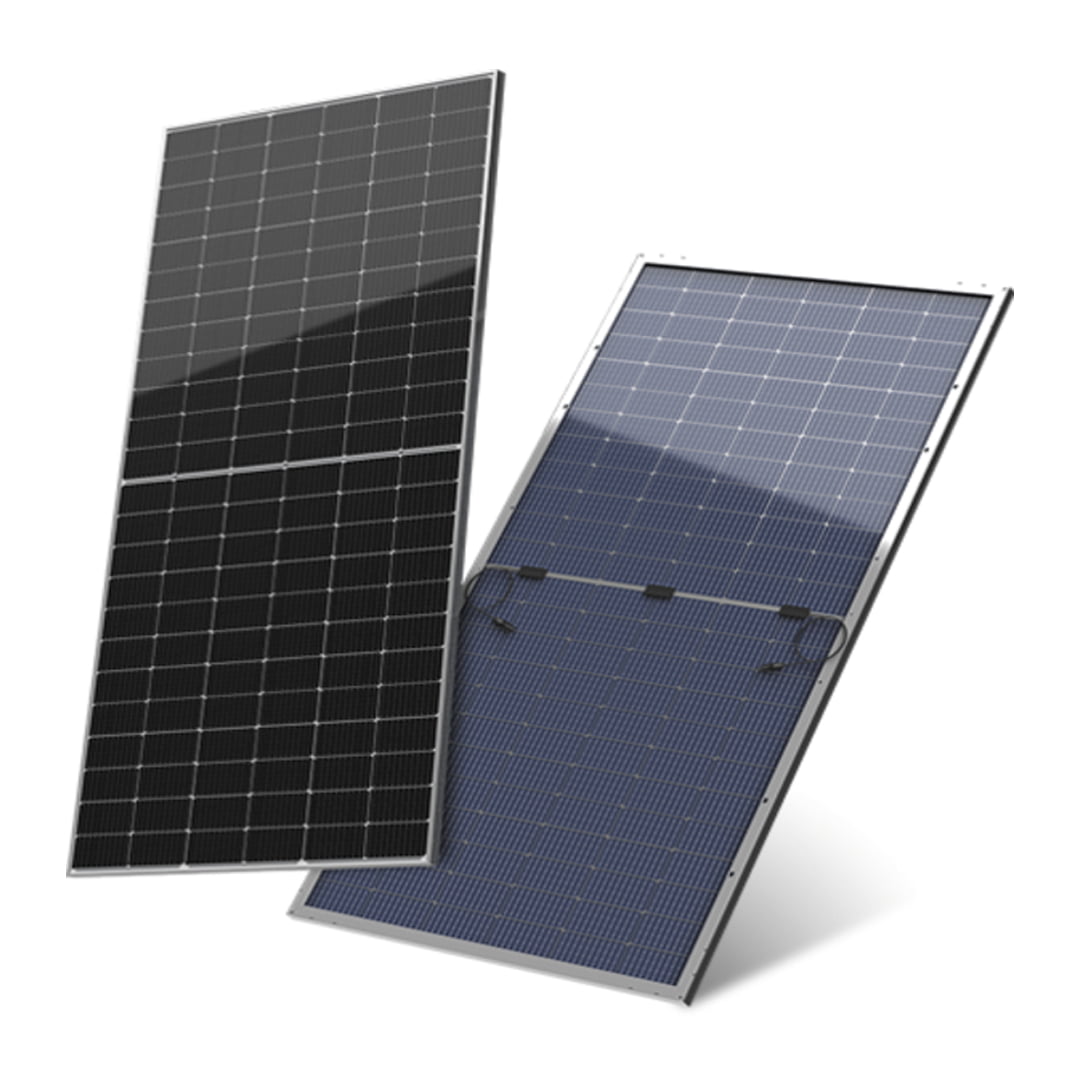No products in the cart.
Which Power is Better to Increase: Solar Panels or Batteries?
n the quest for maximizing the efficiency and effectiveness of your solar energy system, one common dilemma homeowners and businesses face is whether to invest in more solar panels or to enhance their battery storage capacity. Both options have their advantages, but the decision largely depends on your specific energy needs, location, and financial considerations. In this article, we’ll explore the benefits and drawbacks of increasing solar panels versus expanding battery storage to help you make an informed decision.
Understanding Solar Panels and Batteries
Solar Panels
Solar panels are the heart of any solar energy system. They capture sunlight and convert it into electricity, providing a renewable energy source that can significantly reduce your reliance on the grid. Increasing the number of solar panels typically means generating more electricity during daylight hours, which can be used to power your home or business, or even fed back into the grid for credits (depending on local regulations).
Batteries
Solar batteries store excess electricity generated by your solar panels for later use, especially during the night or on cloudy days when solar generation is low. By increasing battery capacity, you can store more energy and rely less on the grid during non-sunny periods. This can be particularly beneficial in areas with frequent power outages or for those who want to maximize their energy independence.
When to Increase Solar Panels
Maximize Daytime Energy Production
If your primary goal is to increase the amount of electricity your system generates during the day, adding more solar panels is the best option. This is especially beneficial if you have a high daytime energy consumption, such as running appliances, air conditioning, or charging electric vehicles.
Limited Battery Storage
If your current battery storage is already sufficient for your needs, and you find that excess energy is being wasted or not stored, it might make sense to expand your solar panel array. This ensures that you’re making the most of the available sunlight and maximizing your solar energy production.
Financial Considerations
In some cases, the cost of adding additional solar panels may be lower than expanding your battery storage. If your goal is to achieve a quicker return on investment (ROI), increasing solar panels can be a cost-effective solution, especially if you can benefit from net metering programs that allow you to sell excess electricity back to the grid.
When to Increase Battery Storage
Maximize Energy Independence
If your goal is to rely less on the grid and become more energy independent, increasing battery storage is the way to go. Enhanced battery capacity allows you to store more solar energy for use during nighttime or during periods of low sunlight. This is particularly useful in regions with unstable electricity supply or frequent power outages.
Nighttime Energy Consumption
If your household or business has significant energy consumption during the evening or night, increasing your battery storage can ensure that you’re using stored solar energy rather than drawing from the grid. This can lead to greater savings and further reduce your dependence on non-renewable energy sources.
Long-Term Sustainability
Investing in batteries is also a consideration for those looking to future-proof their energy system. As battery technology continues to improve and become more affordable, having a robust storage system in place can make it easier to upgrade or expand your solar power setup down the line.
Factors to Consider
Location and Climate
Your geographic location and climate play a crucial role in deciding whether to increase solar panels or battery storage. In regions with abundant sunlight year-round, investing in more solar panels may offer better returns. Conversely, in areas with unpredictable weather or long winters, enhancing battery storage might be more advantageous.
Energy Consumption Patterns
Understanding your energy consumption patterns is key to making the right decision. If your energy usage is mostly during the day, increasing solar panels could be more beneficial. However, if you have significant energy needs during non-daylight hours, battery storage becomes more critical.
Cost and ROI
Both solar panels and batteries require an upfront investment, but the costs and ROI differ. Solar panels may offer quicker returns through reduced electricity bills and potential grid credits. Batteries, while offering long-term benefits and energy security, generally have a longer payback period. It’s essential to weigh these financial aspects based on your priorities.
Conclusion: Which Should You Increase?
The decision to increase solar panels or batteries ultimately depends on your specific energy needs and goals. If maximizing daytime energy production and reducing electricity bills are your primary concerns, adding more solar panels may be the best route. However, if you’re looking to enhance energy independence, reduce reliance on the grid, and ensure a continuous power supply during outages, expanding battery storage is the way to go.
In some cases, a balanced approach, investing in both additional solar panels and batteries, might offer the most comprehensive solution, providing both increased energy production and storage capacity.
At Smart Solar Expert, we specialize in helping you design the optimal solar energy system tailored to your needs. Whether you’re looking to expand your solar panel array or increase your battery storage, we provide expert guidance and high-quality products to ensure you achieve the best results. Contact us today to find out how we can help you make the most of your solar investment.









Add comment